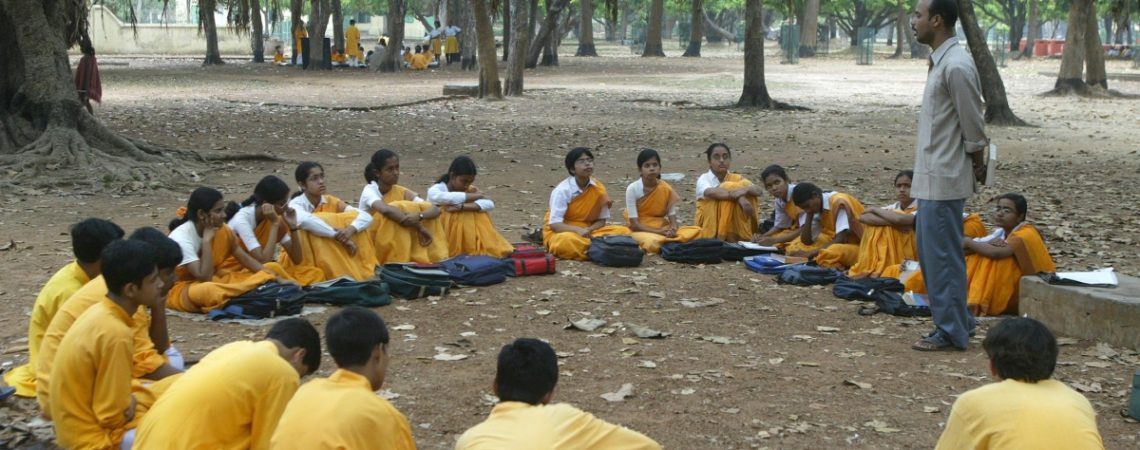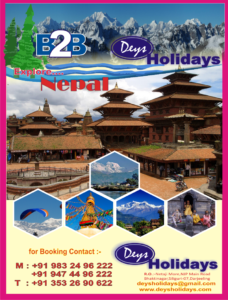“Rabindranath Tagore’s Eternal Abode”
Known to few, mainly as Rabindranath Tagore’s home and now a Viswa Varati university, Santiniketan is a small town located near Bolpur in the Birbhum district of West Bengal. The town comprises mainly of Visva Bharati University.
The University was set up by Rabindranath Tagore’s father Maharshi Devendra Nath Tagore and later popularized by him to radically change the concept of education in India. Today, this beautifully laid out university and small sleepy town has acquired the status of a unique tourist haven, where lines of knowledge and aesthetic brilliance merge.
Santiniketan was earlier called Bhubandanga (after Bhuban Mohan Sinha, the Zamindar of Raipur in WB), and was owned by the Sinha family. In 1862, Maharshi Debendranath Tagore, while on a visit to Raipur, showed interest in land near Birbhum. There was only one building there namely ‘Santiniketan’ (which is still there adjacent the upasana mandir known as ‘Odisha Bhawan’). Maharshi liked the place and registered it in the name of Maharshi Devendranath against Rupee One as a token value. He called his home Santiniketan (after the name of the house). Santiniketan became a spiritual centre where people from all religions were invited to join for meditation and prayers. He founded an ashram here in 1863 and became the initiator of the Brahmo Samaj.
Here Rabindranath Tagore started Patha Bhavana, the school of his ideals, whose central premise was that learning in a natural environment would be more enjoyable and fruitful. After he received a Nobel Prize in 1913, the school was expanded into a university in 1921. In the year 1924 based on the same ideology and with the intention of educating and training the people belonging to deprived part of the society he founded Siksha-Satra with only 7 students. The journey initiated by Kabiguru to kickstart the education system transformation slowly turned into a reality when the institution was recognised as the first university to be reccognised in the year 1951 by central government. Over the course of time university has witnessed the growth of talented singers, artists, academicians and scientists contributing to the various domains.
Social and cultural events take place throughout the year. These include Basanta Utsav, Barsha Mangal, Sharodutsav, Nandan Mela, Poush Mela, Magh Mela, Rabindra Jayanti to name a few.
Of these, the Poush Mela is a major tourist attraction. It is a three-day fair (Bengali, mela means a fair), starting on the seventh day of the Bengali month Poush (usually, last week of December). It fetches tourists, artisans, folk singers, dancers, and the traditional Baul from the neighbourhood.



